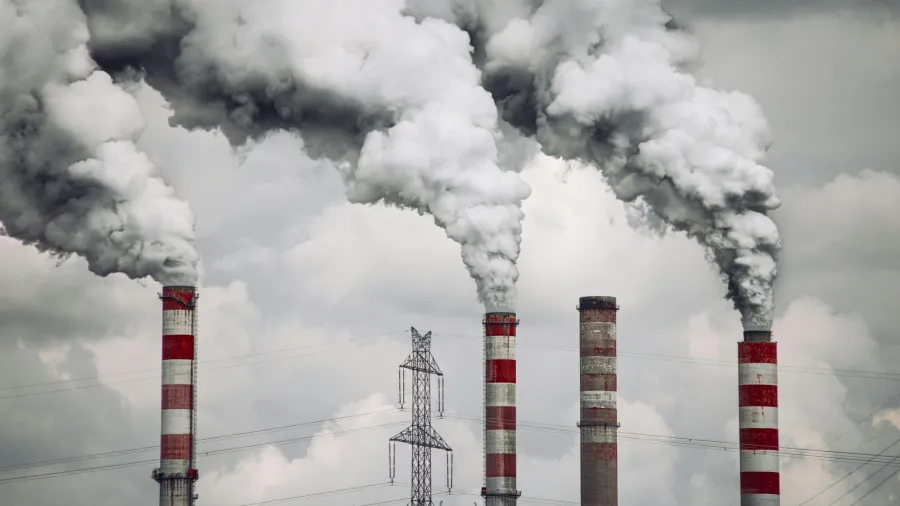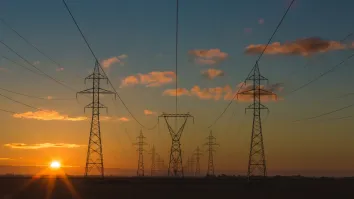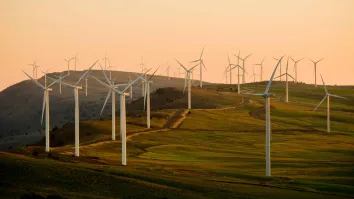
Indonesia’s planned coal-fired power phase out may face implementation challenges
The country has struggled to fulfill some of its past energy transition pledges.
Indonesia has been warned about possible implementation challenges as President Prabowo Subianto announced plans to phase out all fossil fuel-based power plants within the next 15 years.
Coal currently dominates Indonesia's power mix, accounting for roughly 67% of its generation. Gas and diesel contribute an additional 20%. Given the current pipeline of fossil fuel power projects, it will continue to supply over 80% of the country's electricity until 2027, Fitch Ratings said.
“Phasing this capacity out by 2040 could heighten execution and policy challenges around Indonesia’s energy transition, as well as raising risks to energy security,” it warned.
Subianto also announced at a G20 summit last month that Indonesia will build 75 gigawatts of additional renewable energy over the next 15 years, and expand biodiesel production to achieve net-zero emissions by 2050.
“However, Indonesia’s record on following through on previous energy-transition commitments has been weak in some areas, including the progress towards a 2025 target to increase renewable power contribution to 23%: the share stood at 12% in 2023,” said Fitch Ratings.
“The authorities have yet to announce details of their plans to implement commitments under Indonesia’s Just Energy Transition Plan (JETP), which was unveiled in November 2022,” it added.
Fitch Ratings said the credit profile of corporates in Indonesia’s power and coal sectors over the medium term could be affected if the government adjusts its policy approach to meet the target.

















 Advertise
Advertise







